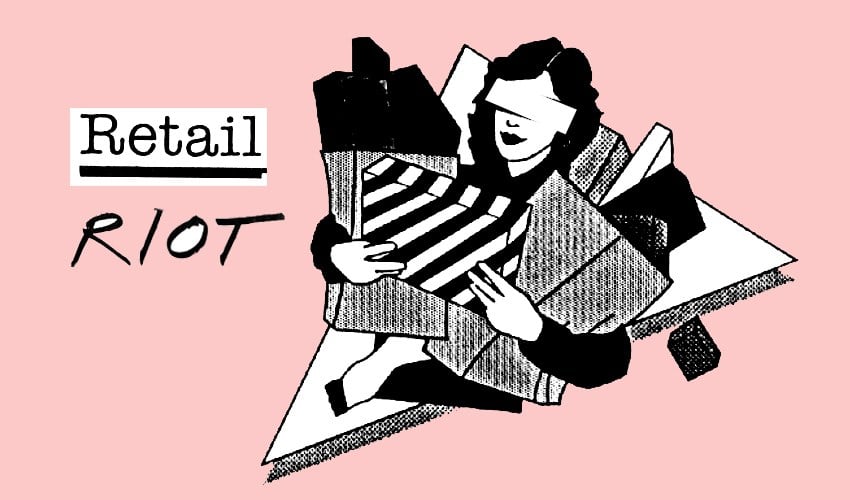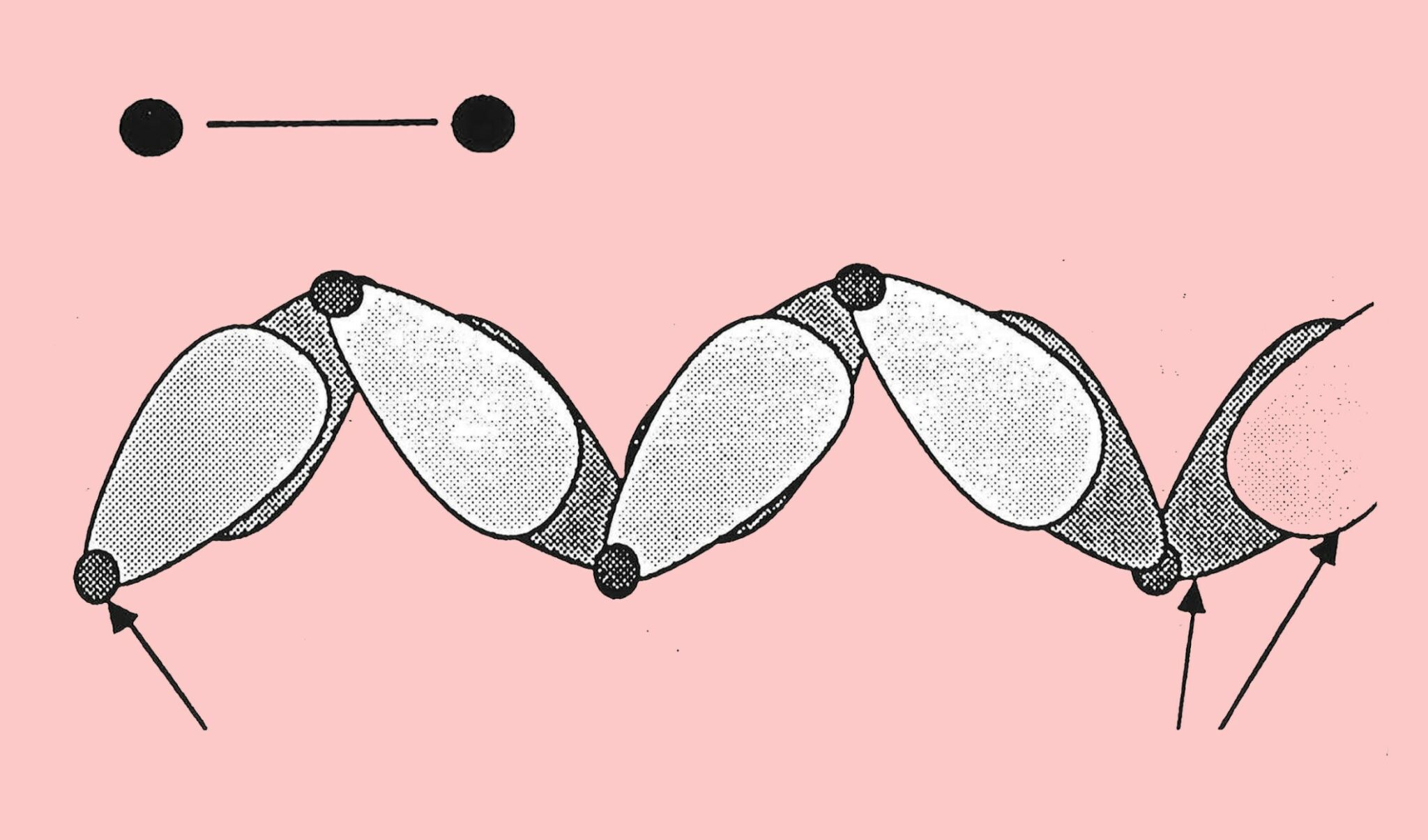
“The Mall Does Not Discriminate”: On Why That Faceless Shopping Conglomerate Is More Diverse Than Your Favourite Hipster Cafe
So how different is London from Berlin they ask. I bite my tongue, that fleshy pink worm that often helps me articulate but in this situation is burrowed deep in the back of my throat in search of the tired cliches I might use to answer. I don’t say “there are more brown people in London.” I don’t say “You can’t get awful fried chicken here.” I do say “London is so much bigger and busier than Berlin.” It’s done. The question has been asked, answered and complicated feelings of dissociation from a social landscape have been avoided. Success. I catch a glimpse of myself in the bathroom mirror after excusing myself to the toilet and am struck by how Berlin’s grey winter has made me pallid and pale. I sit back down and gulp some beer drowning that little worm in my co-opting of national culture.
The following day I take a trip to the Mall of Berlin on the whimsical notion that some anonymity may help my reflection. I want to learn to articulate what I believe the differences are between Berlin and London. I want to buy a new white shirt because it seems that the whites in my wardrobe are greying. For the second week in a row I find myself at Yorckstrasse station and see a Sikh man on the platform and flutters of familiarity lighten my step. Where I grew up the idea that a person of South Asian origin was a minority was frankly laughable. We turned our pockets inside out across the East End of London and did away with numerical discussions of demographics. We built high streets, bustling micro-economies across the whole city and thrived in them. Some of them so popular that they brought wealthy tourists to our doorsteps. Not just Brick Lane but Green Street and Ilford Lane where saris and sweets mark us out as distinctly beautiful. I catch myself missing them more often than I expect and remember that the condition of exile is a simply a different lens through which we can view home.
When I moved to Berlin I found representation only in gaudy dressed-up Indian restaurants where spice was made tame for the pink worms of the pink people. Brought together by the ‘experience’ of another culture, India’s international soft power politics has left boring cliches strewn across the Western landscape. Without a strong contingent of people, who in their mere presence could present a faceted and nuanced understanding of culture, we are left with the incessant spirit-seekers and spicy-food eaters. Unfortunately there are no cures in the Ayuverdic medical tradition for obsessive Orientalist platitudes about India’s spice and colour. Thank the heavens for yoga though.
When I get to Potsdamer Platz I am rightly overawed by the size of the thing. It strikes me as some epicentral capitalist hub pushed just out of the frame of the city, left wringing its hands out of shot, the Mall of Berlin an afterthought to keep the footfall up. Where micro-economies, I grew up with provide local services and needs for and by local people, the mall is macro in all things. Brands gathered to the calling of the free-market, huddled into hallways and lit by the firmament of clinically bright lighting.

Berlin’s micro-economies are fascinating. The Turkish and Arabiccommunities produce something with a deep sense of closeness for me. The high streets seem to have the same irresistible energy; from the gaudy wedding outfitters to the low-budget fresh food joints, down to the same photographs of the Kaaba above shop counters. Yet despite the similarity, there are natural differences. Simply put these Berlin high streets do not stock the latest Bollywood hits on DVD. They do not yet hold me by the heart.
Hence the mall excursion, a trip into the global homogeneity of capitalism where one’s race is either powerfully commodified and commercialised for ‘the greater good’ or seemingly ignored. I could settle for a stroll down Sonnenallee which might appeal to my cultural sensibilities or instead I could satiate my consumer self entirely in a space that hardly varies between countries. The mall exists outside of time and within its own space in isolation.
I like the mall. I find my white shirt. I drink a cup of coffee and walk aimlessly around without interruption or discussion. The walls across all three floors and two separate buildings are variably ordained with reproductions of old photographs. Potsdamer Platz is shown in a nondescript older period of time in which all men wore suits and women their frocks. The focus of the photography and also the accompanying interior design is one that harks back to the grandeur of an old Europe. Regal maroons with deep rosewood and dulled bronze give the sense of a Kingly court and there is a claim to authenticity here. The sensation is somewhat unsettling. I overcome it having been born in the city most famous for flaunting its colonial past and so locked outside of time and space to consume, I begin my musings.
I stutter.
I want to sit and consider the differences between London and Berlin. I want to articulate that their micro-economies are different and explore in what ways that is the case. I want to factor in the homogenous micro-economy of the ‘hipster’ (for want of a better word), the small vintage industrial cafes and shady dimly-lit bars. I want to discuss my own involvement in all three of those but then I realise that I am not in those spaces. I am in the mall.
I begin to feel that the space is more interesting and less neutral than I was banking on. I cannot help but feel curious about the way in which the structure trains me to slowly meander where elsewhere I walk with the driven pace of an arrow and target. Suddenly slowed by heavy doors as I enter, my pace controlled by escalators, my path punctuated by window displays I am struck by how much I feel that I am in a video game. More interestingly I notice the variety of people. Where the Kreuzkolln cafes are mostly populated with young white people, the mall does not discriminate. I see families, tourists, old couples, teenage huddles and single people laggardly strolling back and forth.
I suddenly had the notion that multiculturalism as a paradigm for understanding diversity is utterly flawed. It implies simply the existence of separate and distinct cultures. Diversity in lived experience is far more fluid and complex than that. A truly diverse city is one in which people from varying cultures interact and learn from one another, celebrating their differences and not feigning their sameness for the sake of an amorphous nationalism. Interaction cannot simply be limited to frequenting the falafel joint two doors down, it and by extension we, must be more ambitious.
I do not mean to imply that the mall is the space in which such diversity can be found and experienced. I did however witness an equalising force in the desire to consume that meant that the people of these cloistered micro-economies were rubbing shoulders. The cliche white rich browse next to the hijaab-wearing mother of two. These were the interactions that sparked the feeling. I had them in the mall, not while eating a halloumi wrap on a red plastic chair at 3am, not sitting on uncomfortable reproductions of design classics in a concrete cafe at 3pm, but in the Mall of Berlin.
I considered class next, implicating myself as a middle-class consumer, though I quickly found that my understandings of class in Germany were gravely limited. It is something to keep in the mind and in regards to the mall it speaks of an aspirational movement into the upper echelons of the wealthy. The space is totally transformed when considering it in the context of class, it becomes a perverse playground of desire and ambition. I became swiftly very uncomfortable and left the mall behind to catch the U-Bahn.
At home I collected the notes I had written and read them back. I found them limited but was most interested to find that the space of the mall had help me produce such insights. I did not feel much closer to being able to articulate the differences between London and Berlin, nor explain my dissociation with the social landscape of the city. I suppose the mall after all is simply a place of distraction. But what interesting distraction it seems to have provided. I need a new white shirt again, the one I bought I accidentally left in the Food Court and was halfway home before realising.
Get DADDY in your Inbox
Stay in the loop by subscribing to our newsletter
